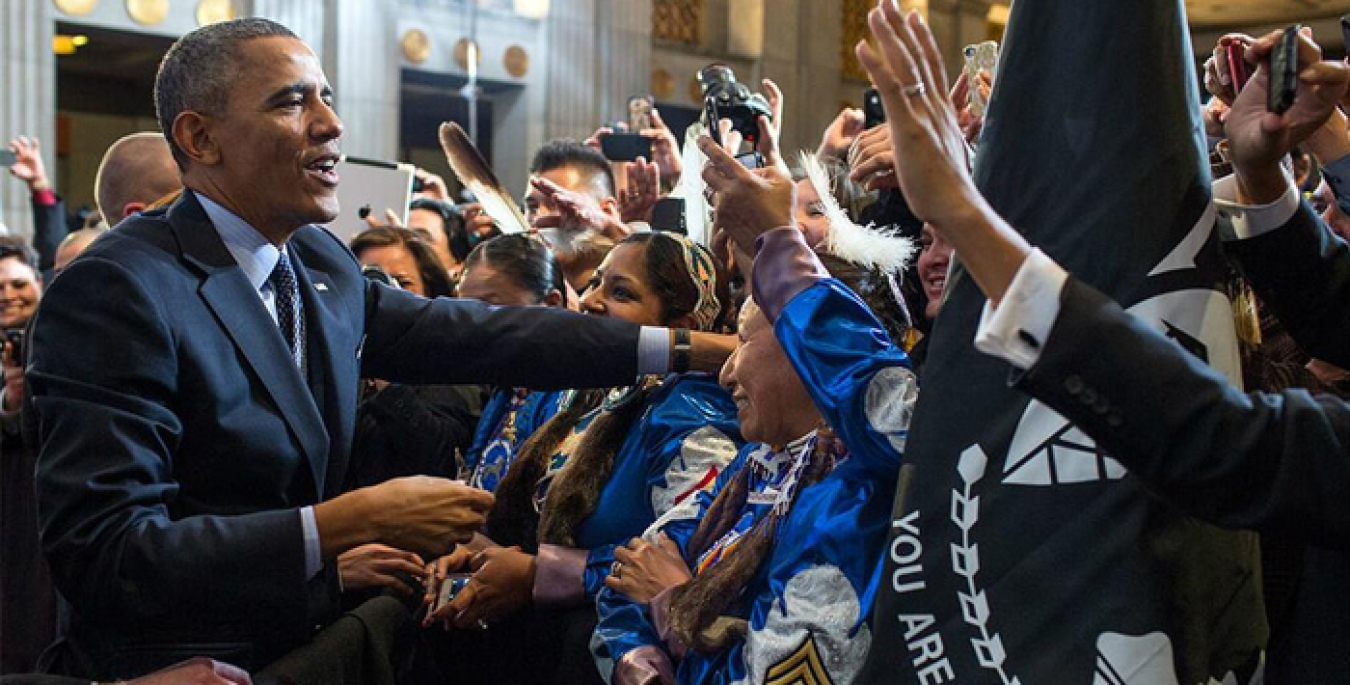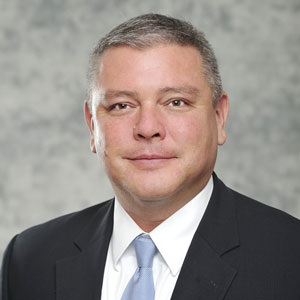The 2013 White House Tribal Nations Conference, held Wednesday, November 13 at the Department of the Interior, was a turning point in the federal-tribal partnership to combat climate change and strengthen community resilience.
Office of Indian Energy Policy and Programs
November 19, 2013
The 2013 White House Tribal Nations Conference, held Wednesday, November 13 at the Department of the Interior, was a turning point in the federal-tribal partnership to combat climate change and strengthen community resilience.
Secretary Moniz spoke of the importance of the relationship between the Tribal Nations and the Department of Energy—a sentiment echoed by Department of Interior Secretary Sally Jewell, who thanked Secretary Moniz for agreeing to lead an interagency effort on Indian Energy through the auspices of the White House Council on Native American Affairs.
Senior officials from across the Energy Department participated in pre- and post-conference tribal leader listening sessions as well as six of the eight break-out sessions during the conference, covering topics ranging from sacred sites protection, environmental quality, and tribal control and utilization of tribal energy resources to economic development, emergency response, infrastructure resilience, and strengthening the government-to-government relationship.
As part of implementing the President’s Climate Action Plan, Secretary Moniz also announced the selection of nine tribes to receive over $7.2 million to further deploy clean energy and energy efficient projects. Read the press release to learn more about the projects.
President Obama also spoke at the conference, highlighting the importance of engaging tribal governments on climate and energy issues. For more details about the conference, read the White House Blog by Secretary Jewell.
To experience more of the White House Tribal Nations Conference events, view photos.
David F. Conrad
![_KSA1022lr[4].jpg](/sites/default/files/styles/full_article_width/public/_KSA1022lr%5B4%5D_0.jpg?itok=6KQaTJWy)
David F. Conrad (Osage Nation) serves as the Deputy Director for the U.S. Department of Energy Office of Indian Energy Policy and Programs. He recently served as the Director of the Office of Public Affairs for the Assistant Secretary of Indian Affairs in the Department of Interior (DOI), managing press relations, digital media, and communications in close coordination with the Secretary’s Office of Communication and other DOI Bureaus. In the past, Mr. Conrad also worked as the Department’s Director for Tribal and Intergovernmental Affairs in the Office of Congressional and Intergovernmental Affairs, where he was responsible for intergovernmental affairs with tribal, city, and county governments.
Mr. Conrad represented the Department on federal interagency working groups such as Strong Cities, Strong Communities; improving Sacred Sites protection; and the White House Council on Native American Affairs, and coordinated Department-wide implementation of its federal Indian Policy including increasing working knowledge of strengthening positive working relationships with tribal governments on issues related to the Department's scientific, energy development, environmental cleanup, and national security mission.
Mr. Conrad has 20 years of intergovernmental affairs experience in the energy, environmental, economic development, and natural and cultural resources arenas. Mr. Conrad has served in intergovernmental, legislative, and public affairs positions supporting tribal and local governments, and has experience working with legislative bodies at the federal, tribal, state, and local levels. He has also held executive leadership positions in the non-profit sector with the National Tribal Environmental Council and the Council of Energy Resource Tribes.
Mr. Conrad holds a Bachelor of Arts in Political Science from Santa Clara University and a master’s degree in Environmental Policy and Administration from the University of Wisconsin at Green Bay.


